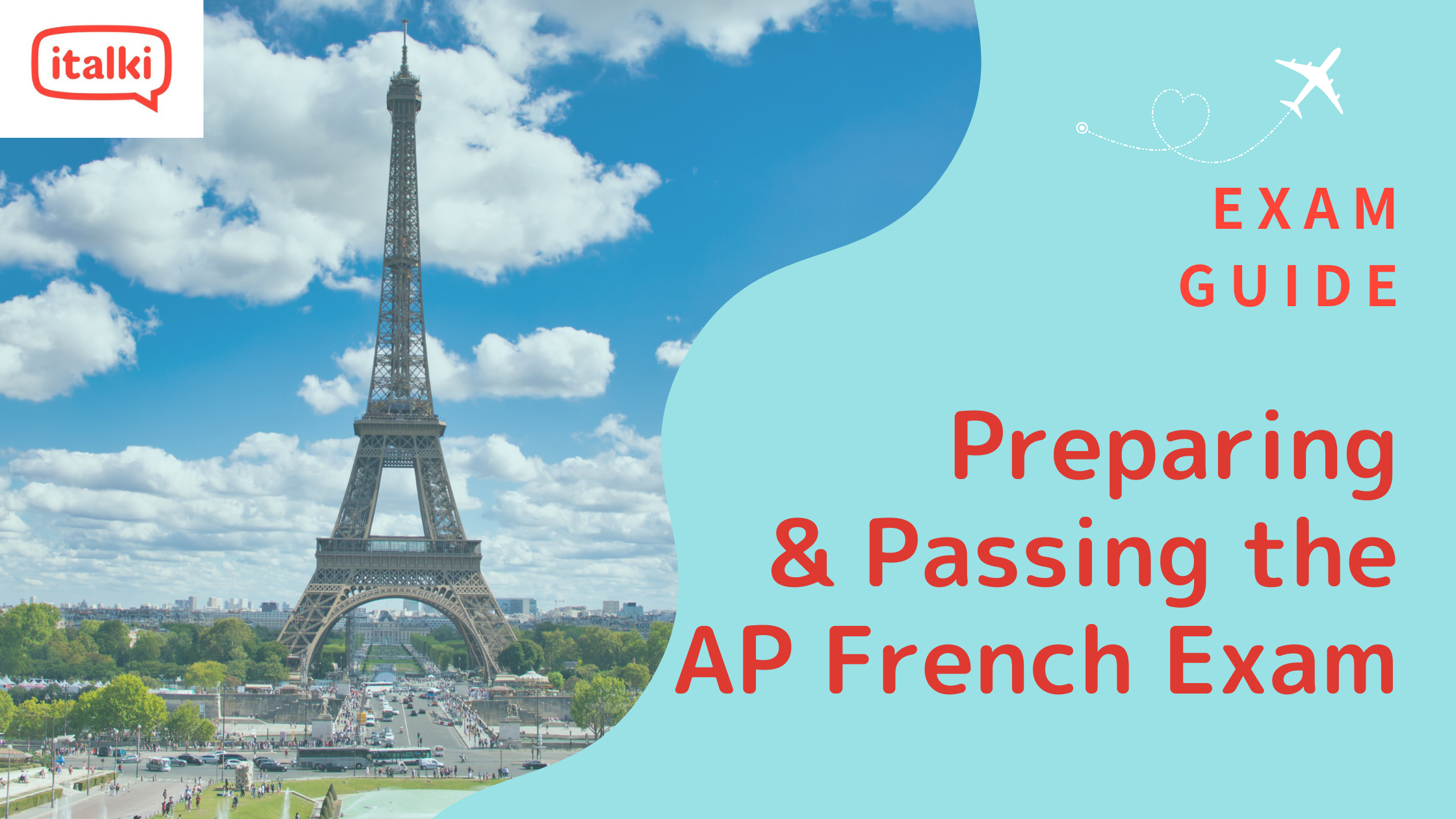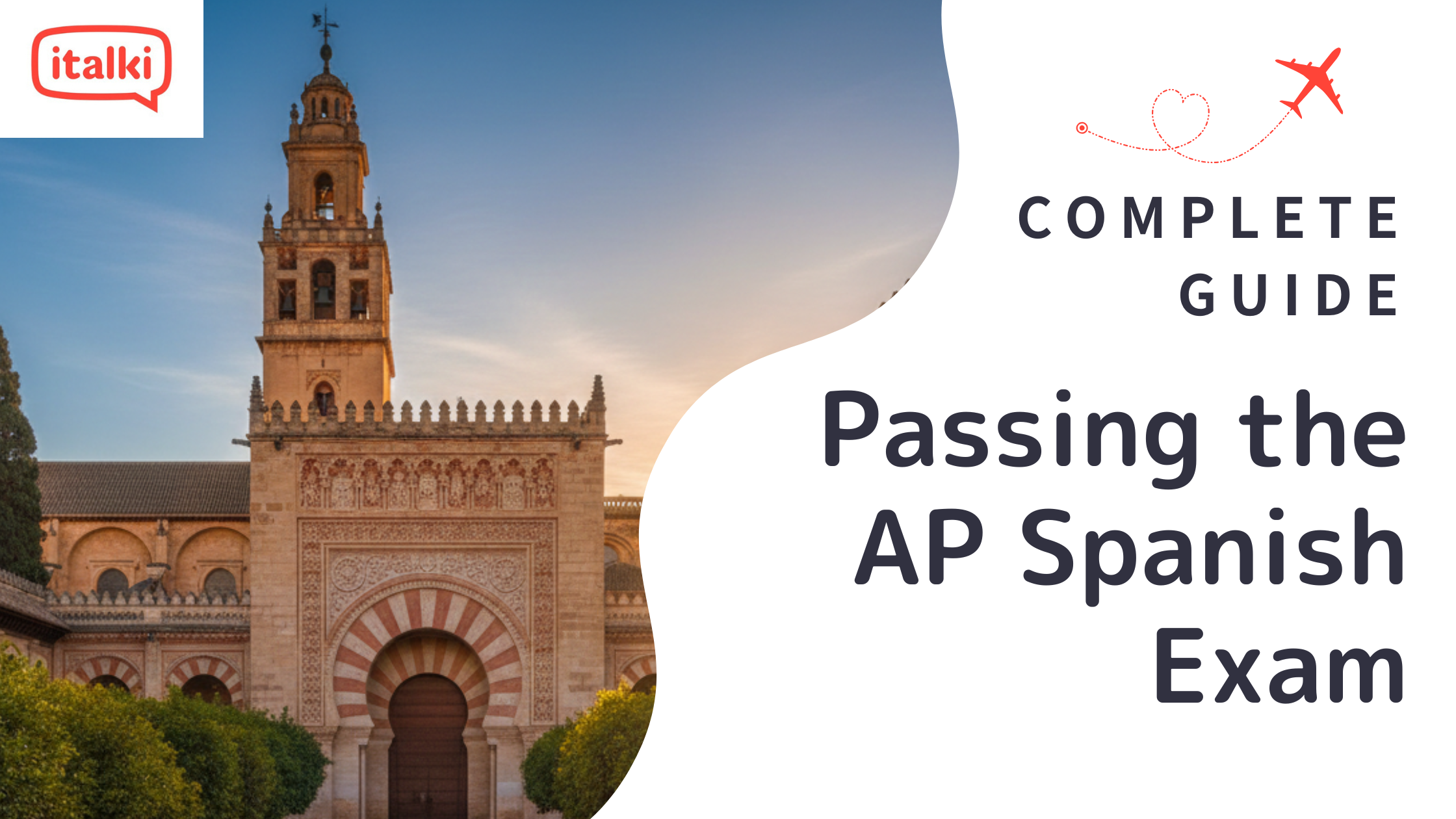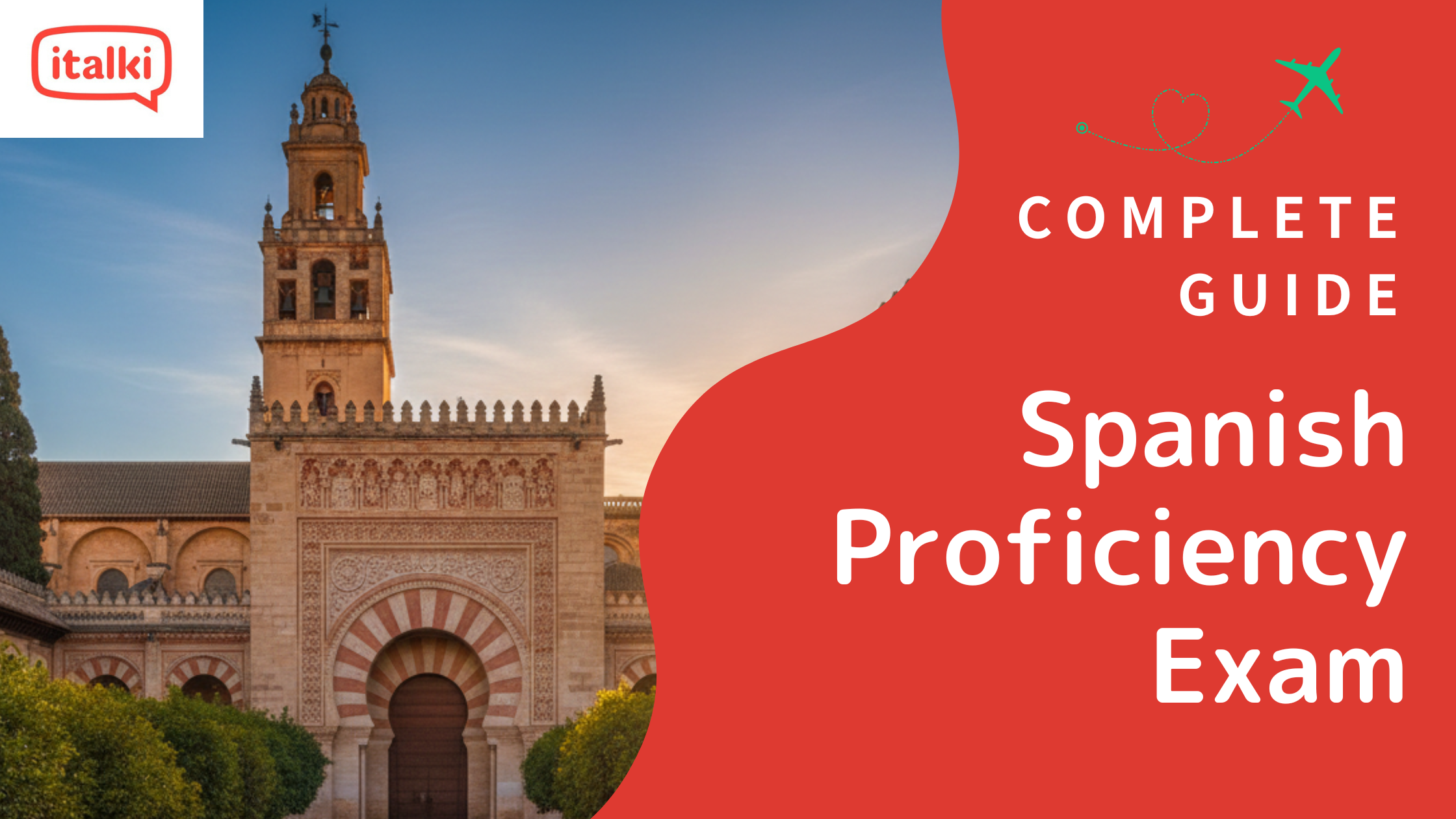Mastering the art of French greetings can open doors to meaningful interactions and cultural understanding. Whether planning a trip to France, brushing up on your language skills, or simply being intrigued by the beauty of French phrases, this guide will equip you with essential greetings for various situations.

Common greetings such as hello, good morning, good day, and ‘how are you’ in French can help you communicate with natives in different situations (formal and informal). So, mastering these common French greetings can help you create strong ties with a large community.
Eight useful French greetings
Let’s explore the diverse world of French greetings, from formal greetings to casual expressions. These words and phrases are the first step towards mastering this incredible language.
Bonjour – Hello/Good morning
This greeting is undoubtedly the most familiar. Literally, it means ‘good day.’ It is the most polite greeting, thus it is useful for both formal and informal communication. We can say that this expression is nearly widespread.
Bonsoir – Good evening
After 6 p.m., the term ‘Bonjour’ is replaced by ‘Bonsoir.’ If you mistakenly use the ‘Bonjour’ phrase instead of this one, don’t worry. It’s not a significant mistake, and you will not get embarrassed.
Salut – Hi
In French, ‘Salut’ means simply ‘Hi’ and is an informal alternative to ‘Bonjour.’ It is primarily used to greet close friends, therefore use it with someone you meet frequently or know well. Avoid using it in business meetings as it will make you sound unprofessional.
It’s quite easy to say. However, remember that the letter “t” is silent in this context and this is why not pronounced.
Coucou – Hey there!
If there is a more informal way to greet someone than Salut, it is with the Coucou expression. It’s a new, pleasant greeting that you should save for close friends and family.
This greeting is derived from the phrase ‘jouer à coucou’, which means ‘to play peekaboo.’ It is a playful greeting and should be used that way only.
Allô? – Hello?
This greeting differs from the one used in English. You cannot use it on the street or while walking through a room. It is used to answer the telephone. There is one other occasion in which this sentence can be utilized. When someone doesn’t understand what you’re saying, you can utilize irony to get their attention.
Quoi de Neuf? – What’s up?
As you can see from the translation, this phrase is used casually, exactly like English. If you want to greet a friend or family member, you can say Quoi de neuf. It simply means ‘What’s New?’ You can also use it to greet a friend that you haven’t seen in a while.

Enchanté(e)! – Nice to meet you! / Delighted!
You normally want to leave a favorable impression when meeting someone for the first time. That’s where the use of this greeting comes in. We can’t say it’s exactly a greeting, but it does have various forms and applications that we can define here.
It has a formal connotation and can be applied to anyone, anywhere, and at any time. It is quite courteous but not overly serious, so don’t worry if you use it in a formal setting or on the street. It is interpreted as ‘delighted, enjoyed,’ But the exact translation is ‘enchanted, bewitched.’
Ça va? – How’s it going?
This statement is difficult to interpret, however, the most acceptable way would be ‘Does it go?’ Like ‘Bonjour,’ this greeting is used in practically every scenario. ‘Comment Ça va?’ and ‘Ça va?’ are almost identical. It is up to you to decide.
These are some common and useful French greetings. If you are wondering how long it takes to master French, it significantly depends on the effort and hard work you are willing to put in. Several resources can help you learn useful French greetings. Explore them to expand your language skills and choose the right greeting for the right situation.
How to learn French greetings?
YouTube tutorials: There are many YouTube channels dedicated to teaching French. Channels like Learn French with Alexa and FrenchPod101 offer videos on greetings, pronunciation, and basic conversation skills.

Language learning apps: These apps can allow you to practice French greetings with native speakers through text, voice messages, and video calls.
Books and workbooks: Resources like “Easy French Step-by-Step” by Myrna Bell Rochester or “French for Dummies” by Dodi-Katrin Schmidt can provide structured lessons on greetings and other essential language skills.
Flashcards: Using flashcard apps can help you memorize French greetings and their meanings quickly.
French language classes: Consider enrolling in French-speaking lessons at italki. These lessons often cover basic greetings and pronunciation in a structured environment. This online language learning platform is ideal for increasing your French fluency. italki stands out from other mediums for various reasons.
italki: Why is it the best language-learning medium?
Personalized lesson plans: It is easier to learn French online with tailored lesson plans that meet learning objectives and requirements. Italki provides personalized learning sessions to help you learn French online. These sessions will help you set learning objectives and goals.
French tutors with experience: italki’s tutors are primarily native speakers. You can find the best French tutor online by reviewing a list of experienced and professional teachers based on your preferred learning schedule and budget. These teachers will design personalized learning plans based on your specific requirements.

Find Your Perfect Teacher
At italki, you can find your French tutor from all qualified and experienced teachers. Now experience the excellent language learning journey!
Book a trial lesson
Flexibility in scheduling: Learning French at your own pace and on your own time is extremely convenient for all students. This incredible platform understands people’s hectic schedules and strives for maximum flexibility.
Interactive learning methods: When you book lessons with italki, you will completely engage with your private tutor via French conversational classes. The conversational learning style makes learning more engaging and enjoyable.

Booking lessons at italki
Visit italki. Fill out your profile with all of the necessary information. Select the ‘Find a teacher’ option and apply the French teacher filter to find a French teacher. Choose a teacher who fits your learning objectives and requirements well. Plan your lessons.
It is strongly recommended that you stick to the additional material, exercises, and scenario-based content provided by your French tutor. Accept constructive criticism and work on improving your weak points.
Frequently asked questions
When should I use formal greetings in French?
A: Formal greetings, such as “Bonjour” and “Au revoir,” should be used in professional settings, when meeting someone for the first time, or when addressing someone with whom you are not familiar.
What are some informal French greetings?
A: Informal French greetings include “Salut” (hi), “Coucou” (hey), and “À plus tard” (see you later). These are used among friends, family, and in casual settings.
How do I say “Good morning” and “Goodnight” in French?
A: “Good morning” is “Bonjour” and “Goodnight” is “Bonne nuit” in French.
What are some special occasion greetings in French?
A: Special occasion greetings in French include “Joyeux anniversaire” (happy birthday), “Joyeux Noël” (Merry Christmas), and “Bonne année” (Happy New Year).
Conclusion
French greetings are more than words; they are expressions of respect, warmth, and cultural identity. You can navigate various social situations confidently and gracefully by mastering these greetings.
To embrace the beauty of the French language through its diverse greetings, enroll in italki to develop French-speaking and writing skills from the comfort of your home.
Want to learn a language at italki?
Here are the best resources for you!


















